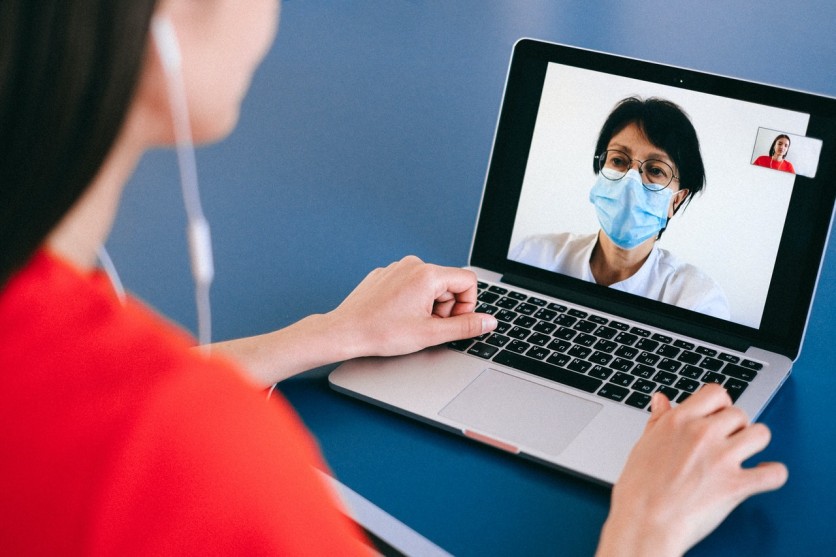Telemedicine is the new term for over-the-phone consultations with doctors, and other health professionals, especially amidst this time of the COVID-19 pandemic where people cannot go outside. The process has both pros and cons, challenges and benefits for its users, as not everyone can fully enumerate the ailments they feel.
After a long battle with the pandemic, the CDC has brought back mask policies to further protect both the vaccinated and unvaccinated from COVID-19, as the Delta Variant continues its rampant spread.
Due to the Delta strain, people would be left to stay at home and be protected from the corona, but not from the sick feeling they have. This is where Telemedicine comes in.
Telemedicine: What is It?

Telemedicine is the process of using the telephone as the channel where a patient can communicate to the doctor and enumerate how they feel. Its primary goal is to deliver healthcare despite the distance and absence of a patient's physical self in a hospital or clinic, and this may be due to plenty of reasons.
For now, the reason is COVID-19, especially as it threatens the health of humans as anyone can be infected by the virus, both child and adult, of all races, classification, and more.
Even the vaccinated community may be at risk for contracting COVID-19 especially amidst the Delta, which SAGE warns to soon mutate into something worse.
Telemedicine Challenges
Of course, telemedicine has challenges to bring to both patients and doctors, and one of which is the cellular or landline connection used for the transaction. Not all doctors or hospitals offer video conferencing, and even that has difficulties.
According to the Philadelphia Inquirer, one of the most crucial problems to face is service, and that includes the Internet, Cellular, or Landline connections. It is fair to say that not all have access to either of these technologies, far more those in remote areas.
On the other hand, New Kerala mentioned that not everyone can communicate well, and while it is already hard for an able person to fully describe how they feel, what more for disabled ones. This includes those with speech impairments and disorders, which have difficulty in expressing themselves.
The challenges for this kind of tech are not yet over, as another major thing is that doctors cannot fully make a diagnosis for an individual's case without tests done in a hospital.
Telemedicine Benefits
As much as challenges hindering the effectiveness of Telemedicine, it also has its benefits, especially amidst this COVID-19 pandemic. One of which is the safety they can have as patients stay at home and communicate remotely.
Another thing is that it would also benefit them with regards to less money spent, as most telemedicine services are free consultations, as well as less travel fee. Also, this has evolved the way humans tackle everyday concerns, and telemedicine helps in bringing more to a patient than what is expected.
Should Telemedicine Stay?
Since its emerging use amidst this COVID-19, Telemedicine has benefited a lot of people, with regards to their health concerns. While challenges are significant and hindrance, it still gives a certain benefit for people to air out their problems or ailments, without the risk of contracting the virus.
Telemedicine should stay, and people should have the chance to voice out their concerns at any time and any place.
Related Article: Florida COVID-19 Vaccine Appointment: Here's How You Can Schedule an Appointment in Different Counties
This article is owned by Tech Times
Written by Isaiah Richard
ⓒ 2025 TECHTIMES.com All rights reserved. Do not reproduce without permission.




